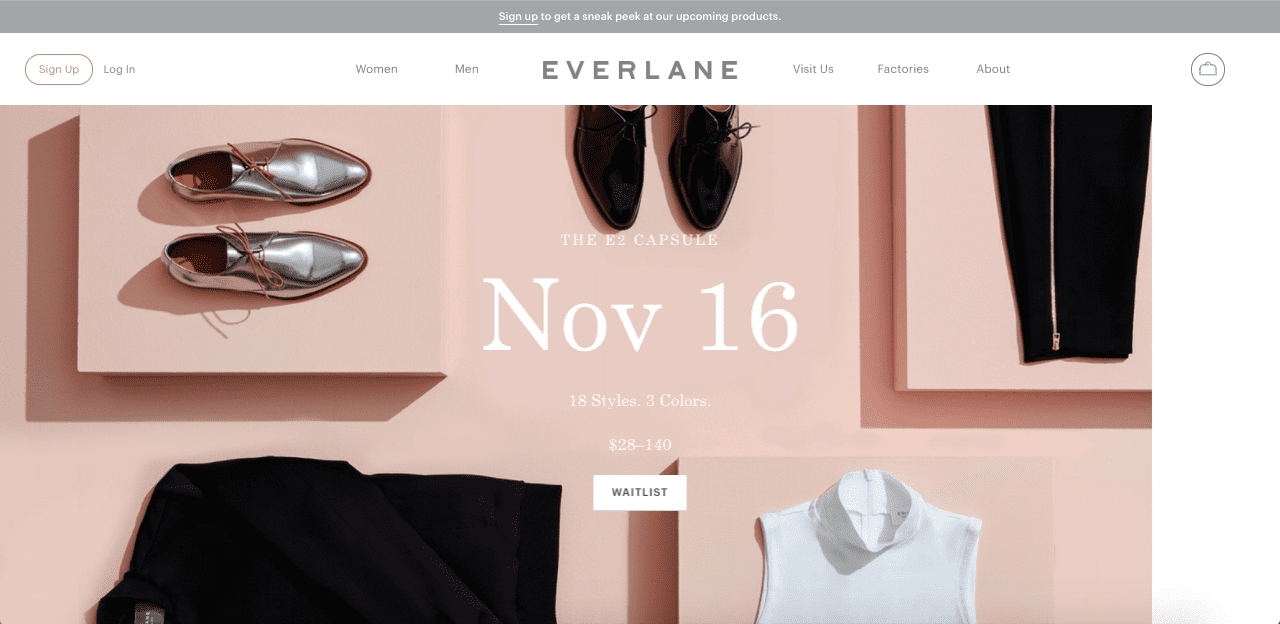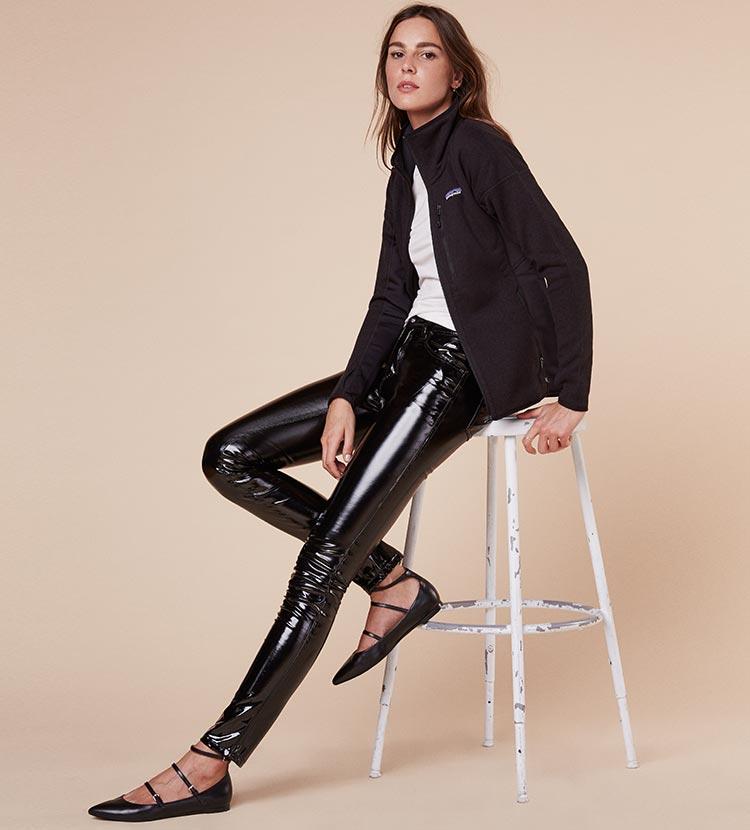
Three Fashion Retailers Combating Fast Fashion
It’s time to change the way we consume.
The next time you enter a fast fashion retailer, such as H&M or Zara, think about the real cost of your fashion needs for the latest trendy item. Is it worth the lives of Bangladeshi workers who earn below minimum wage in dangerous conditions? Do you want to add on to the piles of clothing left in landfills that fail to decompose?
The unconventional truth is that the fashion industry is the second-largest polluter after oil.
Now, I understand as a college student that fast fashion may be your main resource for clothing. The price tag is attractive and so are the options. However, I do not believe that it is our only option. After months of quitting fast fashion cold turkey, I have learned that thrift stores are your best friends. When that fails, which it rarely does, there are ethical retailers you can count on.
With ethical practices, though, comes a heftier price tag. Hence, you should start thinking of your wardrobe as an investment. When you invest in a piece you love, it holds more value. You are also contributing to the well-being of factory workers as well as contributing less to environmental pollution.
Honestly, save yourself the hassle of getting rid of clothes on a regular basis because they are no longer in trend. You owe it to yourself to put your money where it is really worth.
So, here are three ethical retailers you should keep an eye out for:
Image credit: Reformation’s Instagram
Sustainable fashion without sacrificing style is a huge part of Reformation’s mission statement. Yael Aflalo started the company in downtown Los Angeles, which is where their factory headquarters is located in 2009. A majority of their clothing are designed and manufactured there, whereas the rest are produced by ethical manufacturers in the U.S. or abroad. They incorporate sustainable fabrics into their collections, thus lowering the environmental impact of fashion. On top of that, their supply chain incorporates ethical practices by hiring minorities who are mostly female, paying their employees above the minimum wage, and offering health benefits to their full-time employees.
Radical transparency is a huge part of Everlane’s company belief. When the cost of cashmere dropped industry-wide, they notified customers and lowered the prices of their cashmere sweaters by $25. On their site, you as a consumer are able to see how much everything cost to manufacture so that you understand the worth of the item you are purchasing as well as where everything was made. This San Francisco-based company drops a new product every month, unlike the conventional fashion collections that roll out every two seasons. Unlike Reformation that is more stylish, Everlane provides your wardrobe essentials that you can count on to look good time and time again.
Image credit: Fashionista
Their recent collaboration with Reformation goes to show that Patagonia is slowly but surely stepping out of their comfort zone. Patagonia isn’t the most stylish out of the three, but it is the most practical. If you ever find yourself in need of a durable coat come this winter, you know Patagonia is the place to get one that is made out of recycled water bottles. Much like Reformation, Patagonia aims to achieve the highest degree of corporate responsibility, ensuring good working conditions for their employees under fair labor practices as well as protecting their migrant workers from exploitation, such as human trafficking.
Aren’t these brands something you can stand behind and say with pride that you contributed to? The next time you shop, I challenge you to be aware of how and where you are consuming.
Feature image credit: Reformation’s Tumblr





